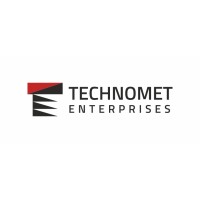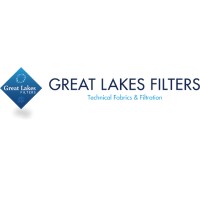
Technomet Enterprises
About us: Technomet Enterprises is the Regions only company that is a one-stop shop for all your foundry and engineering needs. We deal in Consumables, Raw Materials, Capital Equipments, Industrial Oils, Spares, and so on. We provide a cost-saving and customized solution that leads to the reduction of customer cost. We are known for technical support, service, and timely response. We have 5 branches across India that give our customers timely delivery. We are experts in taking care of the entire purchase outsourcing project of our customers that will add value to the business. We believe in excellence and continual improvement.






